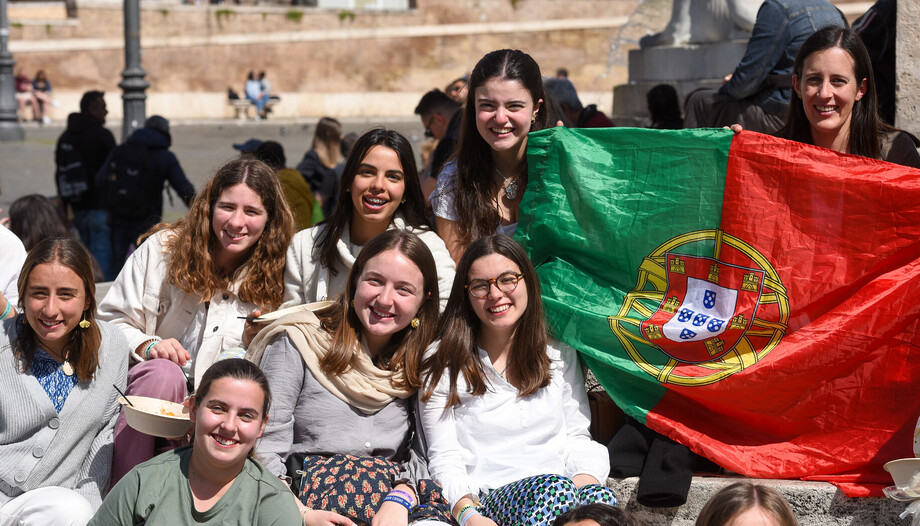It doesn't fail. If the dinner with colleagues lapses, bring up the subject of the Opus. If the presentation of your sister's new boyfriend starts to fall into an awkward silence, bring up the subject of Opus Dei. If at work you don't know how to wedge in, bring up the subject of Opus..., no matter when and how; it doesn't matter if you know a lot, a little, or nothing about Opus. Each one of us has an opinion of Opus, always accurate by the way. Let the Founder be removed, that's where I come in, to bring order and to say how things should be and why "now Opus is doing so badly".
It is true that this same dynamic, a few years ago, applied to the Catholic Church in general - "the religion", we used to call it - but in recent months, the Opus Dei has won the category of dessert of all the meals-brunch.
We all have a friend of Opus - it is enough for us that he or she has studied in a school -, we also have an acquaintance who was in Opus and, probably, we know of another one who "they wanted to attract and did not succeed". In short: we have our doctoral thesis ready, with all the data and perspectives.
If before we all had a nun aunt (if you were Basque, two) and therefore, we were expert theologians, now we have transferred it to the Work and we are ready to talk about Opus.
It is undeniable that the Church in general is going through a strange time. All the times of the Church are, in some way, strange. Perhaps it is due to the fact that, by nature, because of the Church militant, purgative and triumphant, it is above humanity itself, but it should not be forgotten that, indeed, today there are many "disconcerted with the Church", in general, inside and outside of it.
The institution that embodies the charisma of Josemaría Escrivá is living moments of certain uncertainty, especially marked by the renewal of its statutes and its "fit" within the ecclesial organization. Let us not forget that, although the Church is vivified by the Spirit, it wants to have well defined the juridical form in which each charism is translated. Nor can we forget that every page of the Gospel -each charism- is a "charism of the Church". ago the Gospel. It does not do so exclusively, but if it is excluded, it is not the Gospel.
Every Catholic knows that he does good and does evil. There are no exceptions. In the Church, therefore, there are no institutions that do good and institutions that do evil absolutely. However, we are aware that, at times, sin has taken on such a magnitude in some people inside and outside the Church that they have become true demons disguised as angels, whether they are members of Opus Dei or staunch opponents of Escriva's work.
It is understandable that those who are not part of the Church, who neither love it nor understand it, devote all their energies to trying to demolish one or another ecclesial institution, be it Opus Dei or another. A characteristic of the committed Catholic is that of being "uncomfortable", and this has been so since the first century, let us not deceive ourselves. More than 2,000 years later, it would be, at the very least, suspicious to be the cream of every cake.
Director of Omnes. Degree in Communication, with more than 15 years of experience in Church communication. She has collaborated in media such as COPE or RNE.







